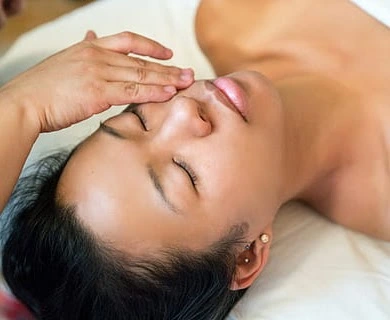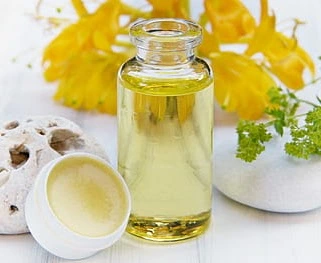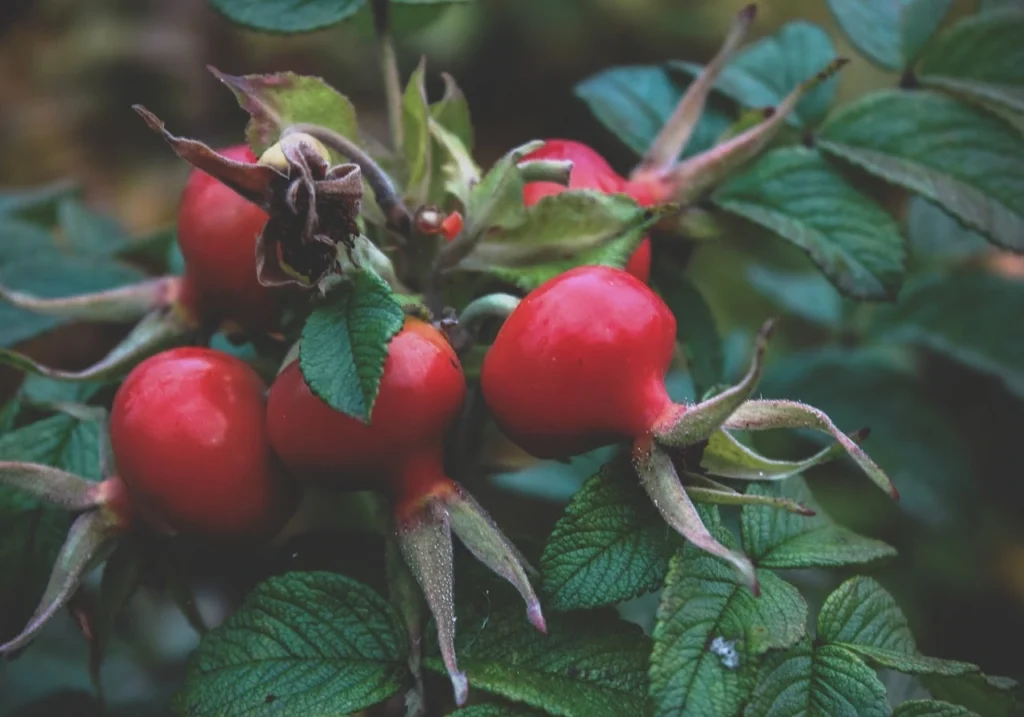Skin Types
SKIN TYPES
As you know, all skin is different and all products react differently depending on your skin type. It is a common misunderstanding that if you have skin irritation while using a new skin product that means it isn’t actually natural or it must have a bunch of toxic chemicals in it. But that couldn’t be farther from the truth. In fact, many natural oils and herbs can cause skin irritation. The best example of this would be Poison Oak (100% natural). It is possible for some people to be allergic to rosemary, basil, sage, lemon grass, ect. This is why it is important to always test a new skin product (natural or otherwise) on a small spot of skin before covering your whole body with it.
Another thing to remember is which parts of your skin are most sensitive. For instance, a peppermint facebar might be really uncomfortable to use when washing your private areas! Make sure to keep in mind what areas of your body are most sensitive, and try to avoid using certain fragrances, essential oils, and skin products in those areas.
To learn more about our skin and how it works I have turned to a skincare professional and esthetician Heather Tolson of Posh Med Spa in Reno NV.
MCW: Hi Heather, let’s start out by letting our readers know a bit about you. Why don’t you tell us about your experience with skin.
Heather : Ok so I really wanted to be a makeup artist. Truth be told I felt I didn’t have the sort of connections that the fashion industry demands. So I decided to go into aesthetics in 2011 at Marinello Schools of Beauty to become certified in all things skincare. I’m glad I did because I now have a wellspring of knowledge in much more than just makeup and I continue to enhance others natural beauty and restore body and mind.
MCW: How many common skin types are there, out there? And what factors contribute to them?
Heather : There are 5 skin types such as dry, sensitive, combination, oily and normal. Most clients that want their skin to be treated have either combination, dry or oily skin. Combination skin types are a mixture of both oily and dry. Dry skin tends to be thinner, pores are smaller, and skin appears to be smoother however fine lines and wrinkles appear more; whereas oily skin, has much larger pores and is thicker with a sheen of extra sebum which tends to breakout/ clog easier. This skin type shows less wrinkles typically.
MCW: What areas of the body have the most sensitive skin? And what should people know before using a new skin care product?
Heather : I have found personally and professionally around the orifices, however I’ve seen sensitivity happen almost anywhere. When using a new skin care product particularly one for your face, I would do a patch test below the ear and on the neck, closer to your jawline. This area isn’t as visible so if a reaction does occur within 5 minutes, it’ll still be hidden. How do you know if you had a reaction? Normally the signs would be red, itchy, stringy and/ or bumpy.
MCW: Are products that contain oil bad for the skin?
Heather : It depends. Not all oils are bad for your skin, but not all oils are good for everyone’s skin type! For example argon oil is great for dehydrated and dry skin types, but would be too heavy for oilier skin types. Jojoba oil is a lighter oil that helps balance your own oil production without leaving behind a greasy residue.
MCW: How does age change skin sensitivity and what should older people consider when it comes to skincare and choosing soap?
Heather : With age comes great responsibility…to take care! The loss of elastin and collagen in the skin with age causes the skin to hang loosely and to become more transparent. This is caused by thinning of the epidermis (surface layer of the skin). Skin becomes more fragile as we age, pores can increase in size along with age spots, freckles and moles. With mature skin you’re more susceptible to the environmental elements; you need gentle, natural ingredients that will replinish and protect.
MCW: Our customers value natural products made from herbs and basic raw ingredients, what ingredients would you suggest for oily, dry and acne prone skin?
Heather : Tea tree oil and Salicylic acid are suitable for both acne prone and combination skin types. A super hero in the skincare world for drier skins would be Hyaluronic acid. HA is a sugar found naturally in our skin that holds water and assists in keeping the skin hydrated and plump. Rosehip oil is rich in Vitamin A and other antioxidants and vitamins which is known to help fight against age spots and wrinkles while keeping the skin hydrated and firm.
MCW: What should people look for when choosing a new soap? What should they keep in mind?
Heather : First couple of ingredients listed matter, know what they are and is it right for YOUR skin type. Also cruelty free is a big plus for me!
MCW: Where can people learn more about you and what you do?
MCW: Thank you for joining us and giving us insight into your area of expertise.
Heather : It was my pleasure. Thank you!








